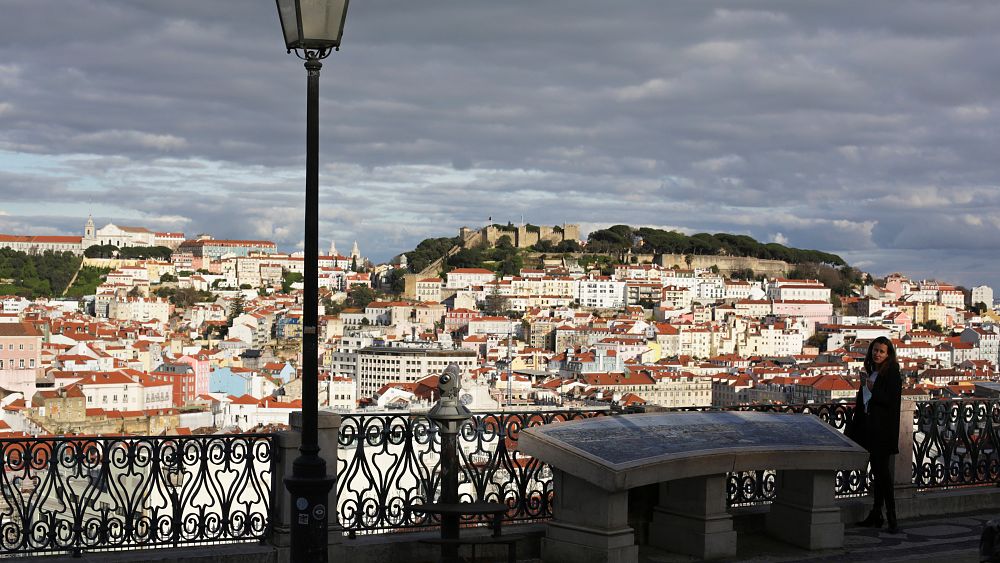Portugal will reopen its border with Spain on Saturday as it eases its coronavirus measures two days ahead of schedule.
Prime Minister Antonio Costa announced the country would be moving onto the “next phase of decontamination” on 1 May, after a council of ministers met to discuss the state of the pandemic.
As well as lifting controls at the border, which had been reimposed in January, gatherings such as weddings will once again be allowed, at 50 percent capacity.
Furthermore people will be allowed to enjoy outdoor and indoor sports again, while opening hours will extend for cafes, restaurants, shops and cultural venues.
On Friday night, the state of health emergency, which has been in force since November, will be downgraded to a “calamity situation”, a legal framework that will still allow the authorities to maintain certain restrictions still in force, such as the closure of bars and nightclubs, and the call for people to stay at home and telework whenever possible.
Restrictions on travel to Portugal, with the requirement of a negative test or quarantine for visitors from the most affected countries, will also be maintained, Costa said.
Restrictions will remain tighter in a dozen municipalities with high incidence rate, he said.
Portugal was hit earlier this year by a violent outbreak of COVID-19, which overwhelmed the country’s hospitals and led to a total death toll of around 17,000 for a population of about 10 million.
But in a respite from a strict two-month containment, Portugal this week saw a day without a single death for the first time since early August.
And after peaking at nearly 13,000 infections per day at the end of January, the number of new cases per day has remained stable at around 500 since the start of the containment.
After the reopening of primary schools six weeks ago, the reopening of secondary schools, cafés and restaurants and street shops took place at the beginning of April.
In mid-April, the Portuguese were able to enter restaurants and cafés, high schools and universities, shopping centres, cinemas and theatres.
Source link




